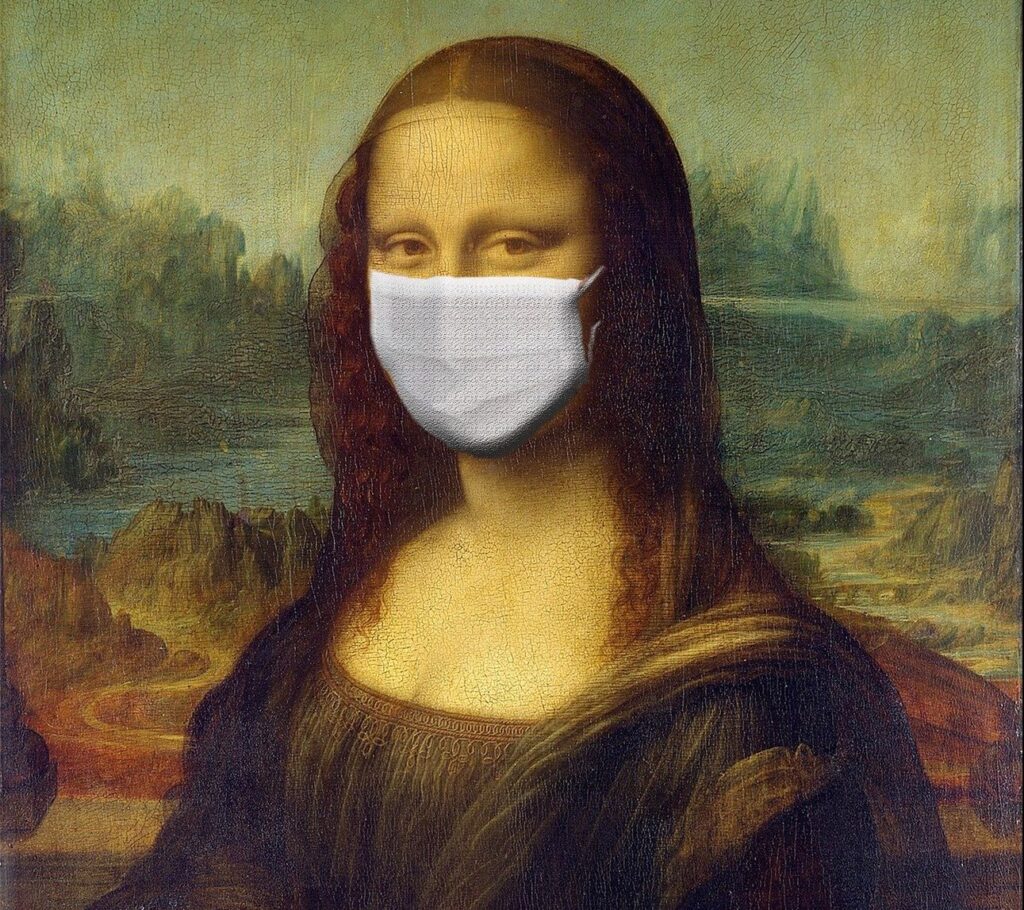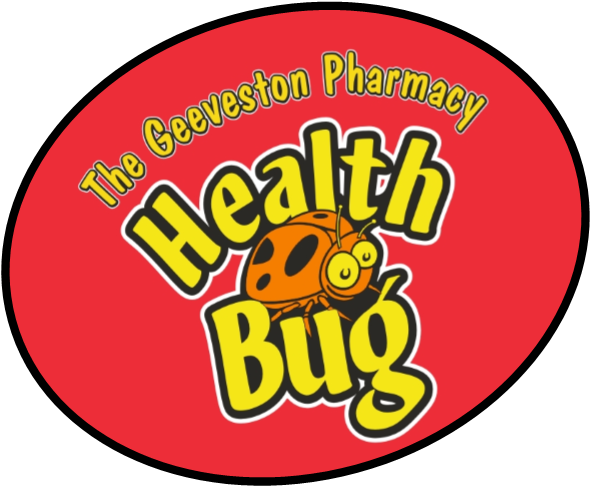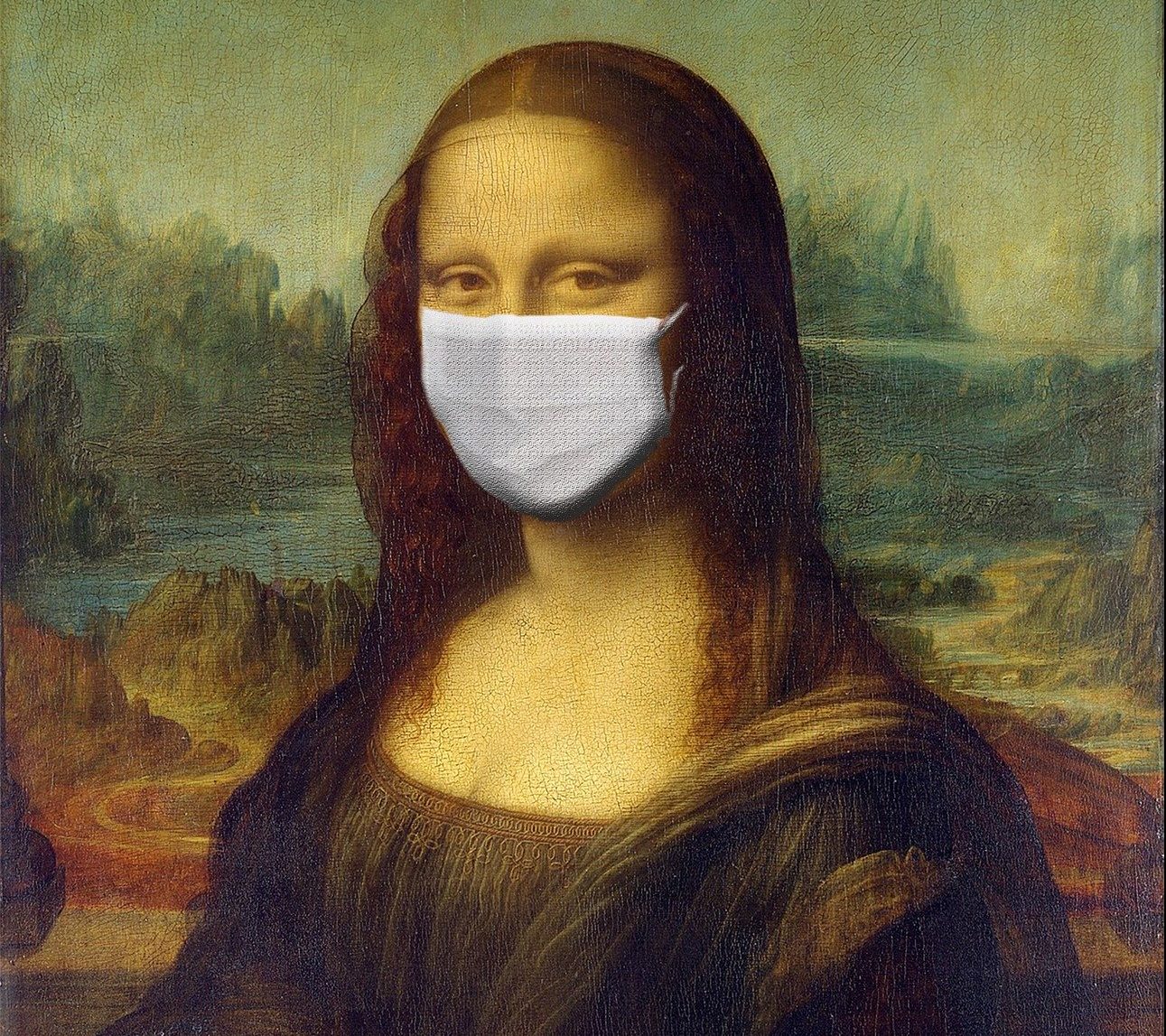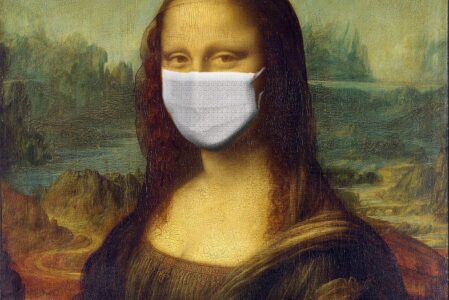Cabin Fever
 So here we are, looking at the prospect of an undefined amount of time being locked up in our homes, except to escape to work (if you are lucky to have a job not affected by Covid-19), the doctor for your ongoing health, the pharmacy for a prescription or to the shops to scavenge for some toilet paper.
So here we are, looking at the prospect of an undefined amount of time being locked up in our homes, except to escape to work (if you are lucky to have a job not affected by Covid-19), the doctor for your ongoing health, the pharmacy for a prescription or to the shops to scavenge for some toilet paper.
You may be feeling all sorts of effects including restlessness, lethargy, generally stressed out, food cravings or just feeling down.
Whatever you are feeling about the restrictions on your day to day activities due to Covid-19, suffering from this form of ‘Cabin Fever’ is quite a common phenomenon when people are isolated for extended periods of time.
The ability to prevent or to cope with cabin fever involves taking positive steps to combat your negative feelings enough to make you feel better.
Though socialisation and gatherings are not allowed, going for a brisk walk along the streets with fresh air and sunlight can help you feel better quickly.
If you cannot get out for whatever reason, even just sitting beside an open window with a bit of sun can freshen you up and make you feel a little more energised.
Eating normally is really important during these times as it is so easy to eat lots of Easter eggs when you are feeling down and stuck.
Just because they are in your pantry for the kids does not mean you should eat them.
So, leave them alone, eat regularly and eat plenty of fresh fruit and vegetables.
At the end of all of this your body will thank you for your vigilance.
Exercising is also important.
You may not be able to go bushwalking or to the gym but there are many ways to exercise within your own living room.
If you lack imagination or have no idea what sort of things you can do, jump onto the internet and check out VicHealth’s ‘Be Healthy’ blog which has all sorts of suggestions and resources during these strange times.
Though cabin fever is quite common during these situations, if you are feeling overwhelmed and experiencing extreme feelings, talk to your doctor or preferred health care professional.


